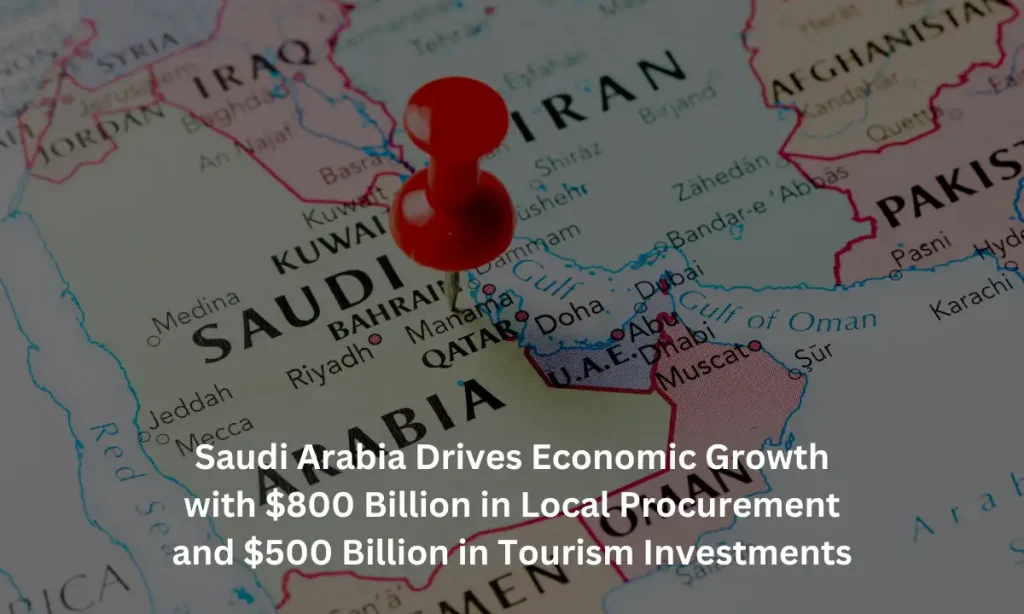As part of Saudi Arabia’s Vision 2030, the Kingdom continues to unveil remarkable initiatives aimed at boosting local content, diversifying the economy, and creating jobs. The Local Content Forum held in Riyadh highlighted several key achievements and future plans shaping the nation’s economic landscape.
Key Highlights from the Forum:
Government Procurement Milestones:
The Minister of Industry and Mineral Resources, Bandar Al-Khorayef, announced that government procurement tied to local content has surged to SAR 800 billion ($213 billion) between 2020 and Q3 2024. This reflects Saudi Arabia’s commitment to enhancing domestic industries and creating sustainable opportunities.
Role of State-Owned Enterprises:
State-owned enterprises have significantly bolstered local content, contributing SAR 144 billion ($38.4 billion). Their active participation underscores their pivotal role in strengthening the national economy.
Industrial Localization Success:
Localization efforts across four major industries—multi-purpose vehicles, light transport vehicles, electric vehicles, and bridge construction components—have added SAR 31 billion ($8.3 billion) to the GDP and created 4,606 new jobs.
Tourism Investments and Training:
The Minister of Tourism, Ahmed Al-Khateeb, announced over $500 billion in planned investments in the tourism sector over the next 15 years. Additionally, $100 million is allocated annually to train 100,000 Saudis, equipping them for rewarding careers in the growing tourism industry.
“Jusoor” Supply Chain Initiative:
The Minister of Investment, Khalid Al-Falih, emphasized the success of the “Jusoor” initiative, which includes 95 agreements valued at SAR 100 billion ($26.7 billion). These deals aim to strengthen local supply chains and support economic resilience.
Aligning with Vision 2030:
These initiatives align with Saudi Arabia’s Vision 2030 goals to transform the Kingdom into a global hub for innovation, trade, and tourism, driving economic diversification and sustainability.
Important Note:
Foreign investment licenses are essential to secure these government contracts. Without an official presence in Saudi Arabia, companies may only be considered as subcontractors, limiting their opportunities in the Kingdom’s rapidly evolving market.
Saudi Arabia’s strategic investments and robust policies continue to position the nation as a leader in economic transformation and opportunity creation on a global scale.
Sponsored: General Contracting Company


